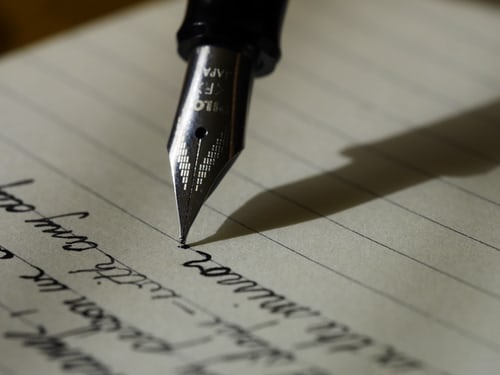“What is your most prized possession?”
Years ago, when I was a teenager in my church’s youth group, our pastor asked us this question, in what (I think) was a lesson on the ultimate emptiness of materialism.
As an outwardly well-behaved but inwardly rebellious individual, I enjoyed subverting grownups’ expectations and challenging the wisdom being passed onto me. So as my friends answered, “My autographed basketball,” and “The necklace my grandmother left me,” I prepared my own answer:
“My creativity.”
(Yeah, I was kind of a brat. And… as I near the age of 40, I’m afraid I haven’t outgrown it. Maybe one day.)
I was delighted as my pastor struggled to wrangle my answer to fit his lesson, but today I wonder — was it the right answer? Was it true? And what would I say today?
What would you say?
As a writer or creator — aspiring, professional, and otherwise — we have an interesting relationship with the world around us. We observe, we act, and we use our art to explore and record our interactions with it.
It’s a strange and elusive dance between the tangible and intangible — between physical and mental, object and interpretation, bound and unbound.
We have to work within our limits to create the infinite.
Those limits can be frustrating, I know. I’ve spent a lot of my life pushing against them, testing them and testing myself, identifying potential weak points in the fences of time and energy.
Because I think today, my most prized possession, my most precious resource, would be one of those two things — time or energy.
One, once spent, you can get back or regenerate. The other, you can’t.
But both are relative. And that’s the key. Both time and energy represent an interaction between your conscious mind and the physical world. An interpretation. A perception.
How are you valuing and managing these precious resources?

